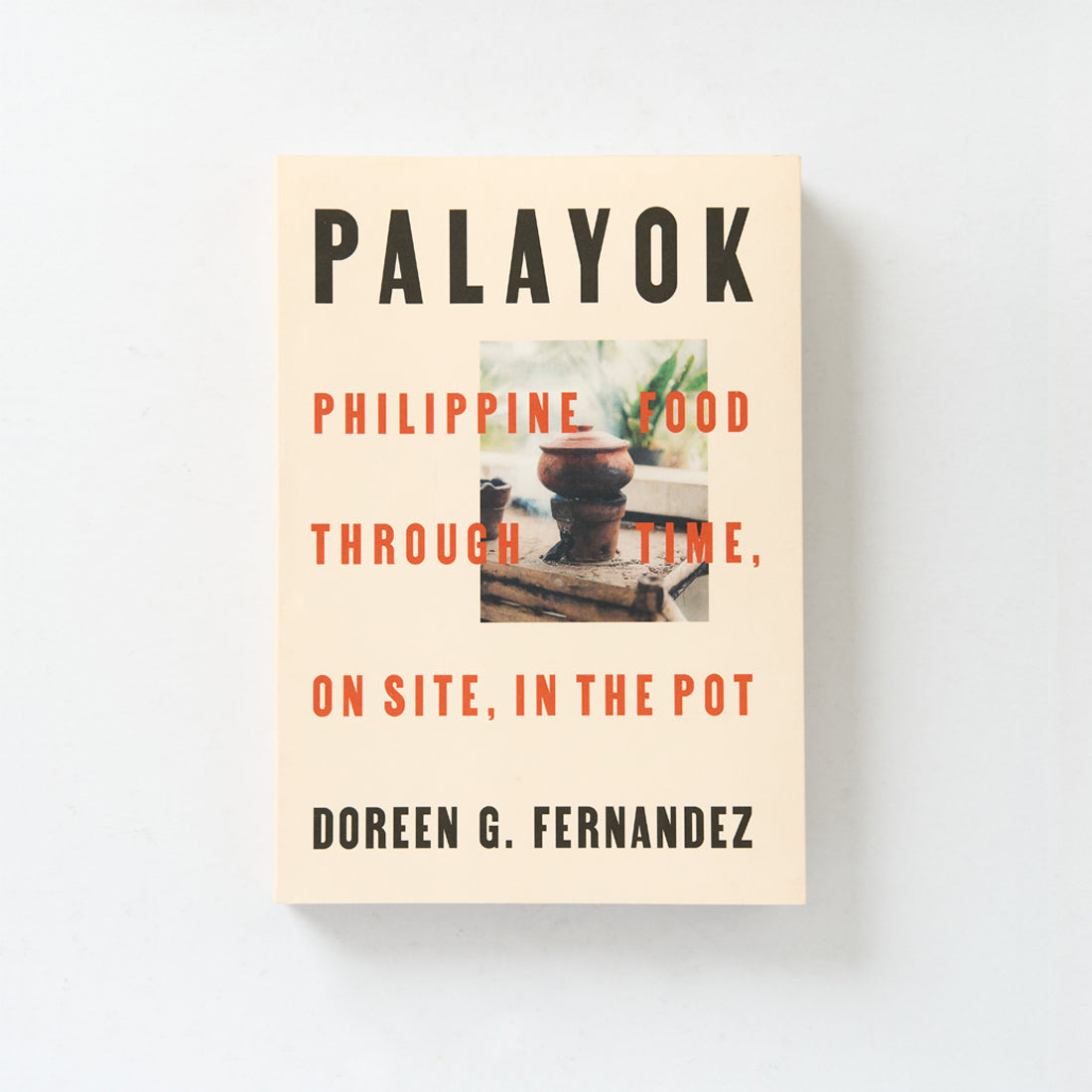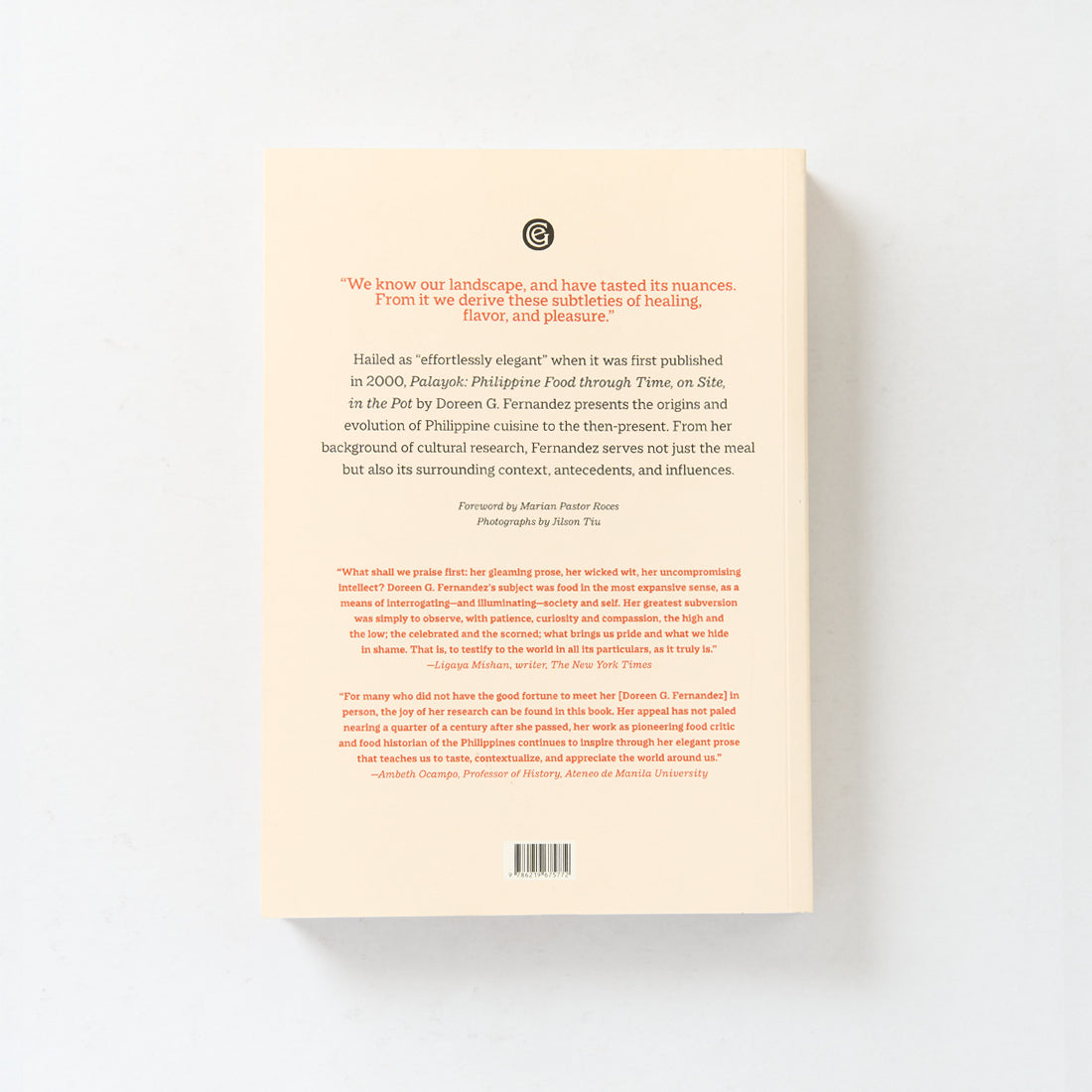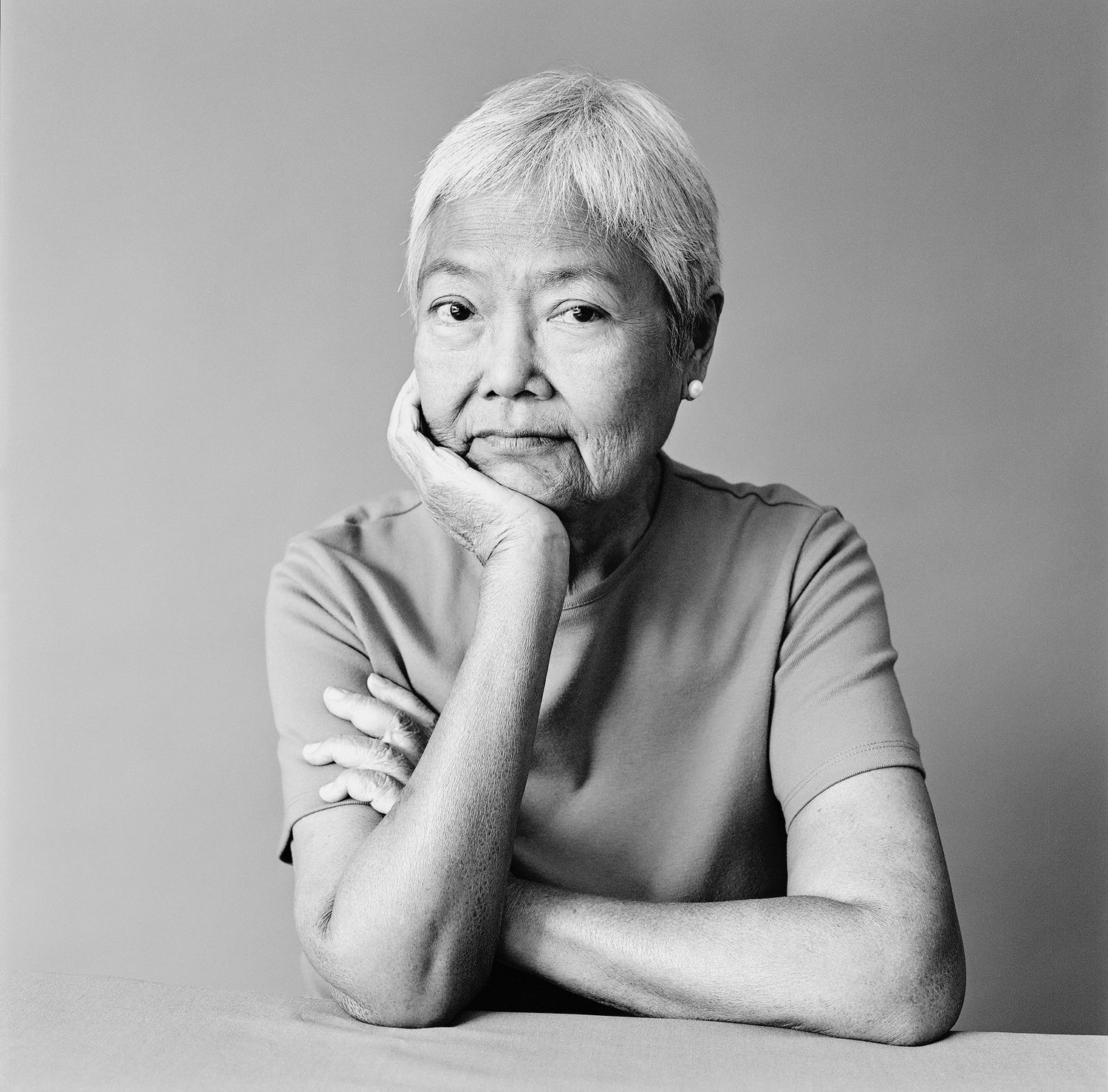DOREEN G. FERNANDEZ
Palayok: Philippine Food through Time, on Site, in the Pot
Palayok: Philippine Food through Time, on Site, in the Pot
Couldn't load pickup availability


Praise for Palayok: Philippine Food through Time, on Site, in the Pot
-
“What shall we praise first: her gleaming prose, her wicked wit, her uncompromising intellect? Doreen G. Fernandez’s subject was food in the most expansive sense, as a means of interrogating—and illuminating—society and self. Her greatest subversion was simply to observe, with patience, curiosity and compassion, the high and the low; the celebrated and the scorned; what brings us pride and what we hide in shame. That is, to testify to the world in all its particulars, as it truly is.”
—Ligaya Mishan, The New York Times -
“For many who did not have the good fortune to meet her [Doreen G. Fernandez] in person, the joy of her research can be found in this book. Her appeal has not paled nearing a quarter of a century after she passed, her work as pioneering food critic and food historian of the Philippines continues to inspire through her elegant prose that teaches us to taste, contextualize, and appreciate the world around us.”
—Ambeth Ocampo -
-
"Philippine food was shaped by the land in which it was born, and so were its cooking processes, ingredients, meal patterns, flavor principles, ways of serving, and social functions. Seven thousand one hundred islands, the longest discontinuous coastline in the world, a predominance of plains with occasional mountain ranges, fields and forests as well as seas and rivers—all these laid down the parameters for the indigenous food throughout the country and through the centuries."

Doreen G. Fernandez
Doreen G. Fernandez (1934–2002) was an incomparable teacher, scholar, and writer. Initially focused on literature and theater, she came to be known best for her pioneering work on food as culture which began when she and her husband were invited to write a newspaper column in 1968. In insightful and evocative prose, she wrote for the next thirty-four years on Filipino food as a gateway to understanding identity and culture.
Her contributions in the field of Philippine studies—preserved in over fifteen books, in publications scholarly and popular, and in numerous papers presented at conferences and symposia—are among the most eloquent responses to questions of national identity. These primary texts “continue to be anthologized and cited,” it was pointed out in a tribute ten years after Fernandez’s death, “and in many cases have not been superseded.”


